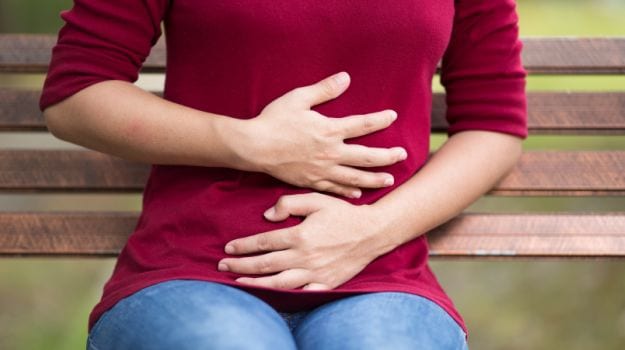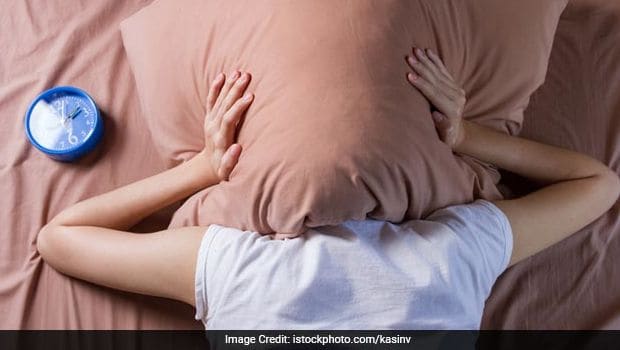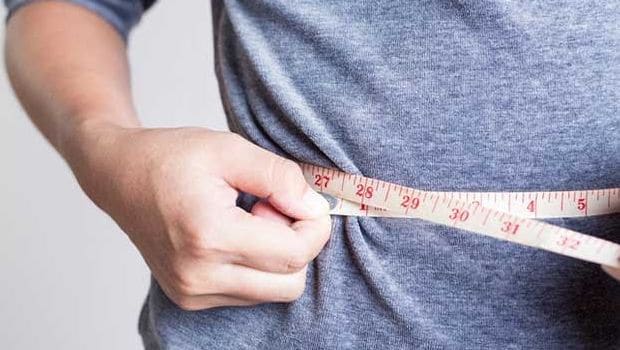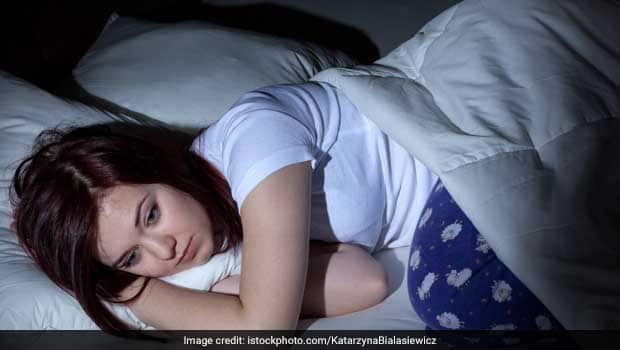Ever ate so much that the only thing you could think of next is to crash right down? Well, we have been there, too. As amazing as the idea sounds, you would be surprised to know that doing so may lead to indigestion, heartburn, acid reflux, weight gain, and in worse cases, even stroke. You may have seen people going for a walk right after their meals, the idea behind this is to speed up the digestion of the last meal, before they hit the bed. So, what is it about dinner and bed time that doctors and nutritionists around the world are so particular about. Why must you refrain from sleeping immediately after dinner and how much of a window should you keep in between? We have all the answers. Hinders DigestionOne of the primary changes it would bring about in your digestion. When you are sleeping, your body takes extra effort to digest the food. According to Consultant Nutritionist Rupali Datta, "sleeping right after your dinner may hinder your digestion process. It gets difficult for the food to pass through the intestinal walls. Some complain of the acid pushing back up, causing burning sensation. There is an obvious discomfort while sleeping and a disturbed, inadequate sleep eventually leads to weight gain."
(Also Read: 6 Fruits That Help Better Digestion) When you are sleeping, your body takes extra effort to digest the food.Disturbed SleepEating too close to bedtime, may lead to a disturbed sleep. Especially, if you have had something sugary, sugary foods give an instant energy boost, which is unnecessary actually, as this is the point when your body is looking to power down. (Also Read: Sleep Deprived? 8 Signs You Shouldn't Ignore at All)
When you are sleeping, your body takes extra effort to digest the food.Disturbed SleepEating too close to bedtime, may lead to a disturbed sleep. Especially, if you have had something sugary, sugary foods give an instant energy boost, which is unnecessary actually, as this is the point when your body is looking to power down. (Also Read: Sleep Deprived? 8 Signs You Shouldn't Ignore at All)
May Lead To Weight GainOne of the major reasons why sleeping right after your dinner is a strict no-no for fitness enthusiasts is because, it's result on your waistline. Delayed digestion, inadequate sleep are major contributors to weight gain. As the day progresses the metabolism takes a hit too, making it difficult to burn up whatever you eat. (Also Read:5 Morning Rituals for Weight Loss)
Dr. Rupali Dutta says, "an early dinner is good for digestion, and anything that is good for digestion aids weight loss. It is said that the body is wired to the movement of the sun. The later we eat, more are the chances of the food lying in the intestines, affecting the digestion. On the other hand, if you have your dinner early, you reach the satiety value earlier, the body is able to utilise the food better. The body uses everything we eat. If the calories produced are not put to use, it is stored as fat."HeartburnSleeping right after a large meal also increases risk of heartburn and acid reflux as well. Gerd or Acid reflux is triggered when the stomach acid is pushed back up to your throat, which causes a burning sensation. Lying down flat on your stomach immediately after the meal could make it worse. Studies have also linked how acid reflux may cause sleep apnea, which could also lead to stroke. Indigestion and its effect on your blood cholesterol and blood pressure is also not a good thing for your heart. (Also Read:7 Foods That May Cause Acidity: Drop The Culprits!)
How Much Of a Gap Should You Observe Between Your Meal And Your Bedtime?According to Macrobiotic Nutritionist and Health Practitioner Shilpa Arora, "it is ideal to keep a gap of 3 hours between dinner and bed time. This helps to avoid instances of indigestion, heartburn or other sleep disorders. Sleeping with full stomach tends to slow down metabolism too, which could contribute to weight gain and obesity." "Maintaining a 2-hour gap between sleep and dinner is optimal," quips Dr. Rupali. Therefore, the next time you are in for an indulgent affair, make sure you make enough room between your dinner and bedtime. Here's a suggestion: having early dinner may help.
(Also Read: 6 Fruits That Help Better Digestion)
 When you are sleeping, your body takes extra effort to digest the food.
When you are sleeping, your body takes extra effort to digest the food.
Eating too close to bedtime, may lead to a disturbed sleep.
May Lead To Weight GainOne of the major reasons why sleeping right after your dinner is a strict no-no for fitness enthusiasts is because, it's result on your waistline. Delayed digestion, inadequate sleep are major contributors to weight gain. As the day progresses the metabolism takes a hit too, making it difficult to burn up whatever you eat. (Also Read:5 Morning Rituals for Weight Loss)

As the day progresses the metabolism takes a hit too, making it difficult to burn up whatever you eat
Dr. Rupali Dutta says, "an early dinner is good for digestion, and anything that is good for digestion aids weight loss. It is said that the body is wired to the movement of the sun. The later we eat, more are the chances of the food lying in the intestines, affecting the digestion. On the other hand, if you have your dinner early, you reach the satiety value earlier, the body is able to utilise the food better. The body uses everything we eat. If the calories produced are not put to use, it is stored as fat."HeartburnSleeping right after a large meal also increases risk of heartburn and acid reflux as well. Gerd or Acid reflux is triggered when the stomach acid is pushed back up to your throat, which causes a burning sensation. Lying down flat on your stomach immediately after the meal could make it worse. Studies have also linked how acid reflux may cause sleep apnea, which could also lead to stroke. Indigestion and its effect on your blood cholesterol and blood pressure is also not a good thing for your heart. (Also Read:7 Foods That May Cause Acidity: Drop The Culprits!)

Sleeping right after a large meal also increases risk of heartburn and acid reflux as well
How Much Of a Gap Should You Observe Between Your Meal And Your Bedtime?According to Macrobiotic Nutritionist and Health Practitioner Shilpa Arora, "it is ideal to keep a gap of 3 hours between dinner and bed time. This helps to avoid instances of indigestion, heartburn or other sleep disorders. Sleeping with full stomach tends to slow down metabolism too, which could contribute to weight gain and obesity." "Maintaining a 2-hour gap between sleep and dinner is optimal," quips Dr. Rupali. Therefore, the next time you are in for an indulgent affair, make sure you make enough room between your dinner and bedtime. Here's a suggestion: having early dinner may help.
Advertisement
About Sushmita SenguptaSharing a strong penchant for food, Sushmita loves all things good, cheesy and greasy. Her other favourite pastime activities other than discussing food includes, reading, watching movies and binge-watching TV shows.
For the latest food news, health tips and recipes, like us on Facebook or follow us on Twitter and YouTube.
Tags:








